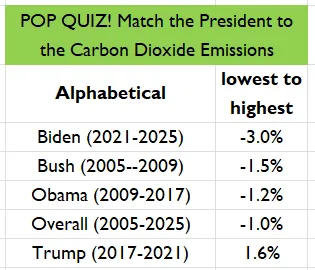For instance, remnants of organic matter formerly held up as solid evidence of the most recent, large-scale global warming event some 40,000 years ago may actually date back far earlier to a previous ice age.
“The radiocarbon dating technique may significantly underestimate the age of sediment for samples older than 30,000 years,” said the authors of the report from the Chinese Academy of Sciences and Germany’s Leibniz Institute for Applied Geophysics.
“Thus it is necessary to pay [special] attention when using such old carbon data for palaeoclimatic or archaeological interpretations,” they added.
Their work was detailed in a paper in the latest issue of the journal Earth and Planetary Science Letters.


